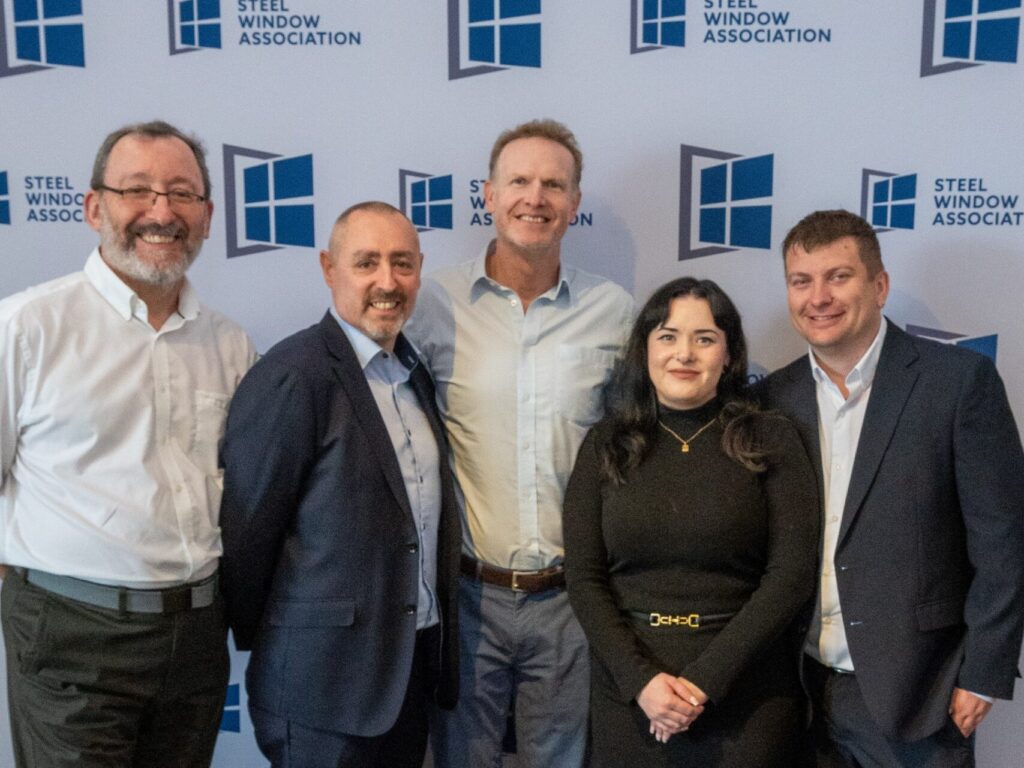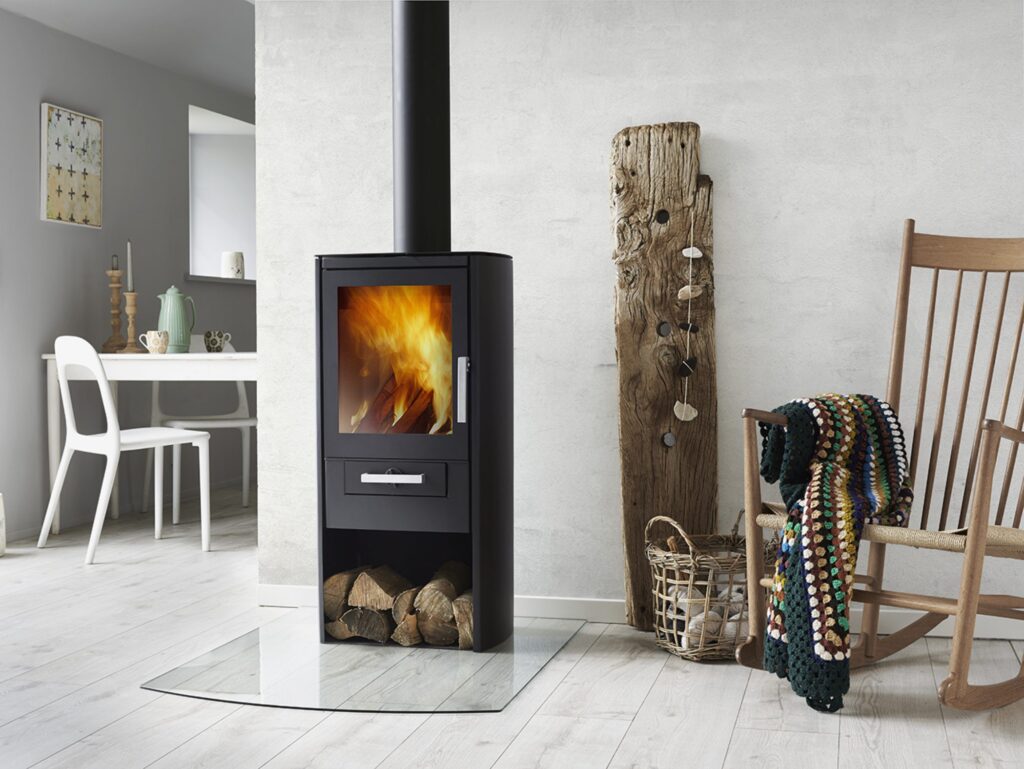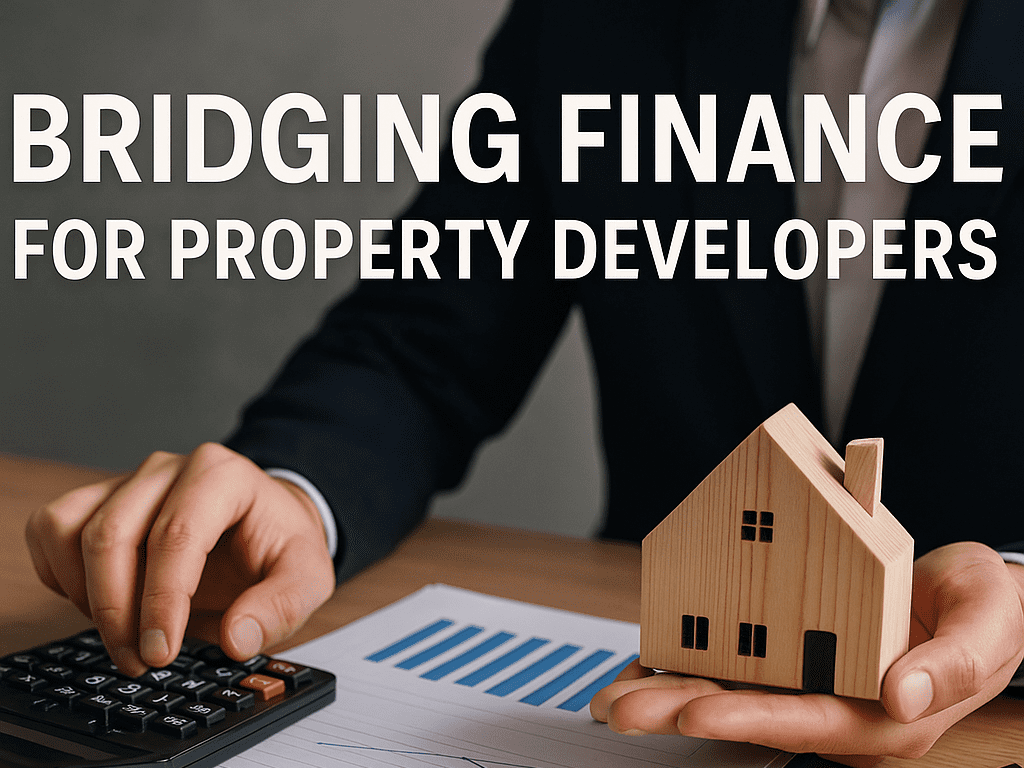“I would like to see 50% of homes to be self-built in 10 years, and I don’t see any reason why this can’t happen” – Kevin McCloud’s grand vision
The star of TV’s Grand Designs speaks to Showhome about his views of the current state of the house-building industry.
Kevin McCloud has brought self-build homes to a mainstream audience with his hit TV programme Grand Designs. A champion of eco builds, he has set up his own company, Happiness, Architecture, Beauty (HAB), which aims to create desirable and sustainable developments that respect local context and biodiversity and create a strong sense of community for their residents. Here, he speaks to Showhome about where he sees the house-building industry, and what more can be done to promote building your own home.
You see sustainability and being eco-friendly as important when building or developing a home. Is there any legislation you think should be implemented to ensure that future builds stay as eco-friendly as possible?
The simple answer is that there already is legislation! By 2016 every new home must comply with Code Level 6 of the Sustainable Building Code – zero carbon. The trouble is, 2016 is only four years away and at the moment it’s not looking as though we’re going to get there. Every developer has had a go at making a Code Level 6 house, but the trouble is, they cost a lot to do. The need isn’t for more legislation, but for meeting the rules we already have. I’d like to see less emphasis on carbon, and more on waste management, water saving and biodiversity – not only looking at what makes a good, green building, but also improves the human side.
The Government recently relaxed their planning permission laws to allow extensions to be built up to 8m without any extra permission. Do you think this will encourage people to improve their home without considering buying or building a new one?
It is good to see the government taking a more relaxed approach to house builders and homeowners by getting rid of some of the red tape and beauraucracy, but ultimately it all boils down to how enthusiastic local planning authorities and building control officers are for implementing this. Each local authority has to consider each application on a case-by-case business, and some are more pragmatic than others – it’s a bit of a lottery! To be honest, though, if people are going to build an extension, they’ll do it. A change in legislation is not going to affect the numbers of people doing improvements.
That leads us on nicely to the next question – Labour have recently announced that they would build 150,000 affordable new homes a year. Do you think that’s possible?
No. Not any more, because every single house builder in the country has shrunk. We’ve gone from a relatively buoyant house-building industry which was not delivering anything like the numbers that were required because the land they wanted to develop was expensive, to a situation where land is still expensive and house builders don’t see the point of building houses when people can’t get mortgages. As a result, they’ve lost an awful lot of specialised people to other trades and skills; to get the house-building industry back up to speed is going to take a lot longer than a year. Last year we got 39,000 ‘affordable’ new homes built. Obviously, it depends on what you call ‘affordable’. If we include starter homes, we’re actually not that far off, so Labour’s target isn’t actually too ambitious. We need houses and we need them to be affordable in all kinds of ways – to buy but also to run.
Do you think it’s the case that nobody wants to build a house nowadays because they’ve simply got no money left?
People don’t have such easy access to finance at the moment, but also local authorities are sitting on lots of land, which is actually making land less and less valuable. We need to release more land; we need to make that land cheaper to build on by reverse-costing land. It’s actually surprising how many local authorities are sitting round thinking, ‘well, we’ve got this brownfield site; it’s an eyesore in the middle of a town, we can’t do anything with it except maybe put houses on it, so let’s partner if it means we can get people moving to the area and kick-start our local economy a bit.’ I really applaud those local authorities for doing that and seeing opportunities in partnering rather than just trying to flog land. That’s the way forward.
Have you seen an increase in eco-friendly materials for use in house building?
Without a doubt. There are two big targets that the last government introduced that are quite interesting. One is the 2016 zero-carbon target, and the other is the 2050 target for carbon reduction across the whole country. Legislation is the best possible incentive for someone who is prototyping a new type of solar panel, because what they see in legislation is the possibility of a new market, and nobody in their right mind is going to put money into developing technology of whatever kind if they’re not sure about where the market’s going to be. How do you know you’re going to be able to sell your new piece of technology? Come 2016’s legislation, every new home is going to have to comply, and, well, you’ve got a ready-made market. Industry loves targets that are set 9 or 10 years hence, because it gives them something to work towards and put investment into.
Are we seeing the National Planning Policy Framework working and being implemented?
To be honest, no. In my personal opinion, although it was designed to be as clear and overarching and simple as possible, it keeps missing all the detail, so developers keep thinking ‘oh, maybe we can try that, or maybe we can try this’. It’s going to take ten years or so to bed down. By 2020 I think we’ll know whether it really works properly as a piece of legislation. It annoys me that I know that this piece of legislation has been produced in the department for communities and local government, and re-written by the treasury. The economic drive that is written right through it means it’s almost like it’s got a split personality – is it meant to be about sustainable development or economic development? Where does it say that a development has to be economically, socially and environmentally sustainable?
You’ve recently been made the champion of the National Self Build Association. Do you think any more can be done to make building your own home more appealing?
I’ve seen lots of incentives for self-build on the Continent, but here not so much. Self build means, of course, grand designs – building a nice big house from scratch, but it also means community self-builds. We don’t have enough of those here. We don’t have enough support for community self-builds in this country, and we certainly don’t have the kind of social self-building that you get in, say, Holland, where, for example, ten young families will get together with a developer and build a block of flats. They wouldn’t necessarily build the flats, but they would have a say in the layout and design of them. I’d love to think that instead of the Wimpeys and the Barratts of the world building hundreds of thousands of units a year, we might see something more socially engaging, and communities really getting stuck in an involved.
Has it become easier to do something like that? From the outset, it still looks incredibly daunting.
Going down the grand designs route is daunting – it’s not something anybody should approach lightly. I’ve been talking to one or two housing associations about working on schemes where we would build, for example 10 or 20 concrete pads, with foundations in the ground, with all electric and everything already installed, so someone can come along, buy a plot and build their house from there. This is already happening in Holland, so it’s all proven and works. It just needs to happen in the UK. That way you can imagine entire streets of self-builders working in a supportive way as part of a larger development. Within 10 years, I think, if we do it properly, we could see half of all new homes being self-builds. I don’t see any reason why it shouldn’t be as it is in Germany or Austria – it’s 60% in Austria.
It’s surprising how often someone starts a grand design on your show without employing an architect or designer to start with. Are you surprised about that?
I’m always surprised by it. If you employ a professional to help you, so long as they’re good, what they contribute is so important. I’ve seen people work without them, and they produce reasonable enough buildings, but if they’d spent that extra 10 or 15% on the project, they’d end up with something three times as good. I think your investment pays dividends with good architecture. All the details with the building get resolved, it’s really important.
You said recently that as a nation, we need to ‘ease up on the white walls and glass boxes’. Has that come flying back at you?
I was just making an observation about how so many projects from the last 10 years belong in the last 10 years, and now architecture is moving on. People are starting to do stuff which is a bit more out there, a bit more fuzzy, a bit more wild, a bit more British, a bit more idiosyncratic, and we want a bit more of that. Ten years ago we’d all bite someone’s arm off for a white-walled beautiful minimalist house. Frankly, it’s a historical style, like Palladian or Neo-Tudor, that was invented in 1922. It’s almost a century old and we should be moving on a bit. I personally quite enjoy a bit of glass wall, but I think we could just be far more contextual. Designers have to look at the space they’re working in, and the architecture. Modernist buildings are very restrained, and self-contained and very polite. We’re entering a period now of rudeness and enjoyment and fun – and why not!
What are your interests outside of Grand Designs?
My business HAB takes up a lot of my time, and it’s a great passion for me. I like to plant trees and look after woodland as a hobby. I have orchards and I brew my own cider and homebrew! It’s a fantastic antidote to the world of building, just being out in the forest.
Kevin McCloud will be bringing Grand Designs Live back to London’s Excel on 4-12 May 2013. Visit www.granddesignslive.com or follow @GDLive_UK for the latest information.











